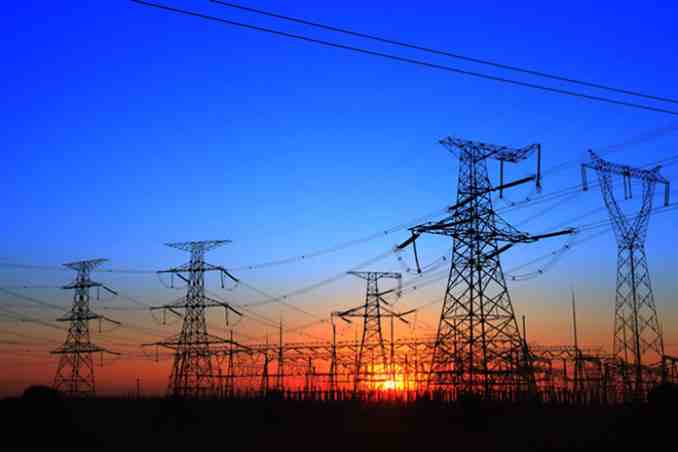Last updated on September 11th, 2021 at 07:56 am
West Africa has substantial energy assets. The locale accounts for around 33% of African gas and oil reserves and more than 23,000 Megawatt (MW) exploitable hydropower potential.
Additionally, Ivory Coast is one of West Africa’s significant power players, trading capacities ranging from Mali, Ghana, Togo, Burkina Fasso, Benin, and Liberia.
Biovéa Energie, an Ivory Coast company supported by French energy business EDF, Meridiam, and Biokala, is taking care of the venture’s plan, operations, development, and the transfer of the power plant 25 years. Biokala is the result of a joint effort among Meridiam and African agribusiness SIFCA.
Organizations in Western Africa as of late raised an alert over an average 200-megawatt deficit in power in April and August in 2021. Will alternative sources to produce energy like biomass be the solution to constant power shortages in the region?
The western Africa region has been suffering from significant power cuts recently. There have been suggestions to adopt climate-friendly sources to generate electricity. Solutions like setting up a Biomass plant for power production would help battle power shortage here.
READMORE: Parents in Nigeria’s northwest are worried about their children being kidnapped
The plant is proposed to be the biggest in Western Africa whenever it’s developed. This plant is expected to resolve the energy inadequacy in the region. Biomass Resolution is a significant arrangement when it starts in Western Africa. It will also help utilize the agro sector and generate employment as well.
What is expected to make this a success is a suitable supply basin? The power plant will require more raw material, e.g. more palm production.
Roughly 450,000 tons of palm tree waste will be provided to the power plant, given by SIFCA’s subsidiary, PalmCi, situated in the Ivory Coast.
The biomass power plant is expected to add to 500 local work openings while under construction and more than 1,000 job opportunities when the venture completes.
Around 12,000 farmers present in PalmCi’s production chain will get a pay increment of 20% through their raw biomass material to the plant.
Once functional, it is expected that the Biovéa Project will forestall carbon emission to about 340,000 tonnes per annum.

